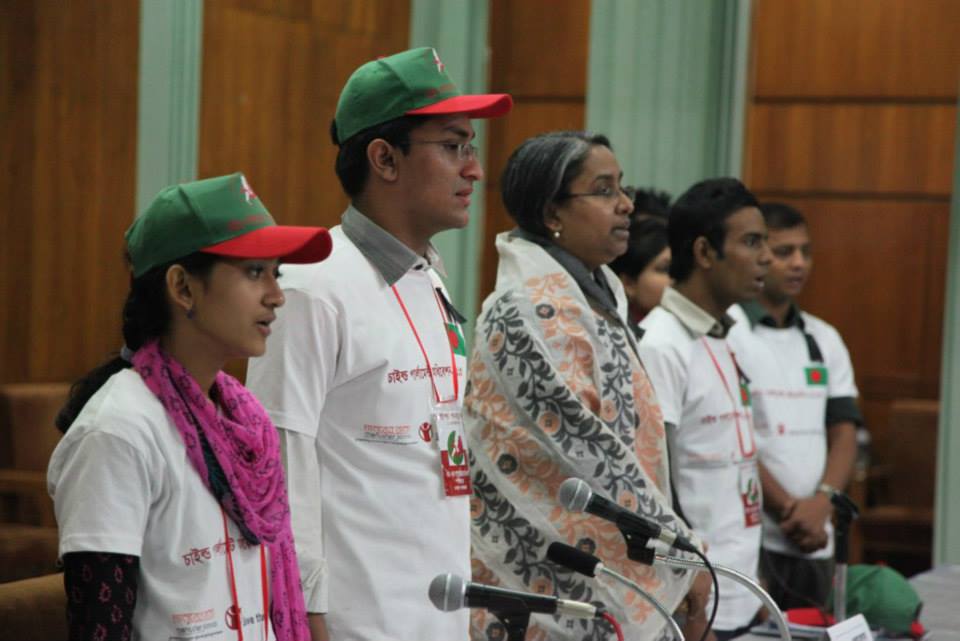Holding of parliament helps grow leadership quality
At a time when child rights face serious challenges in this country, children are participating in different activities to protect their own rights by making themselves politically and socially conscious.
Children are raising their voice before policymakers through different platforms.
For example, Child Parliament, a national level platform of children, creates opportunities for them to raise collective voices before the highest policy making body of the government, as well as NGOs, donor agencies, and civil societies.
Child Parliament began its journey in 2003. Bangladesh Shishu Academy leads the initiative with support from different organisations and donor agencies; Save the Children leads the technical support and coordination.
Bangladesh Shishu Academy has recently initiated a process to expand the Child Parliament throughout the country, which is now available for children only from 64 district headquarters. The initiative is being supported by various organizations, including UNICEF, Save the Children, Plan International, Manusher Jonno Foundation.
Child Parliament, a platform of young people aged between 12 and 18 years of age, mainly aims to create a violence-free society for children. It represents children from all strata of the society – from rural and urban areas, school going and non-school going physically challenged and children living in the slums, in the streets, working children from ethnic minority groups, and children of sex workers.
Through raising collective voice, Child Parliament exerts pressure on policymakers, NGOs, development partners and civil society members. It functions under the framework of the United Nations Convention on the Rights of the Child (UNCRC).
Child Parliament consists of a total of 168 members. Among them, 128 come from all 64 districts (one girl and one boy from each district). The remaining 40 are from underprivileged sections like — gypsy community, Dalit community, indigenous, children of sex workers and so on.
The two members of every district are elected by the 11-member executive committee of National Children Task Force (NCTF) of respective district units. Later, the 168 members elect a speaker, two deputy speakers and two panel deputy speakers for the parliament.
The children during the parliament sessions can directly talk with the policymakers, raise their voice and share their problems and sufferings.
Child Parliament core committee member SM Shahriar Sifat said, “All the leaders in the child parliament are elected through a democratic process. So, we can learn about democracy and democratic systems from here.”
“From here leadership capacity has grown among us. We have got several trainings that have enhanced our negotiation skills, management skills, and others,” said Sifat.
Save The Children Senior Manager (Advocacy) Mir Rezaul Karim said, through this initiative children are becoming aware about their rights and political and social issues.
“Through the child parliament, children conduct advocacy at national level against violation of their rights. Children’s capacity of negotiation, leadership and research activities increase through these works,” said Shamsul Alam Bokul, deputy director (child rights governance) of Save The Children Bangladesh.
Posted on The Daily Star. May 4, 2013 (http://childrights.thedailystar.net/2013/05/holding-of-parliament-helps-grow-leadership-quality/)


